Brexit: UK vows to seek 'hard bargain' in US trade talks
- Published
- comments
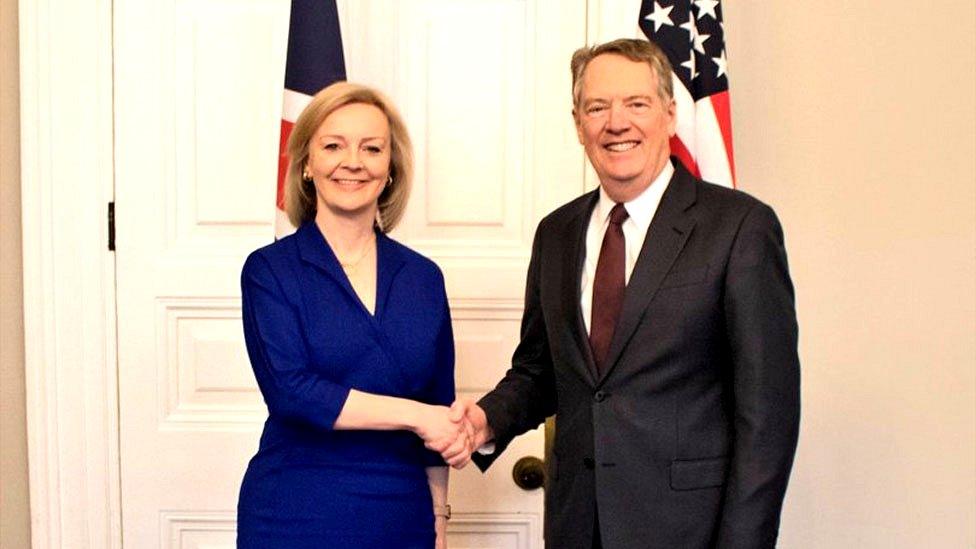
International Trade Secretary Liz Truss welcomed US trade representative Robert Lighthizer to London last week
Boris Johnson has promised to "drive a hard bargain" as he set out the UK's negotiating position for a post-Brexit free trade deal with the US.
The government said a deal would boost the UK economy by £3.4bn and particularly benefit Scotland, England's north-east and the Midlands.
It pledged to maintain food standards and said the NHS would not be for sale.
Meanwhile, talks between the UK and EU aimed at reaching a trade agreement formally kick off in Brussels later.
The talks on a free trade agreement with the US are expected to begin later this month.
The discussions will take place in both the UK and US and be overseen by the government's chief negotiation adviser Crawford Falconer - formerly New Zealand's chief negotiator and ambassador to the World Trade Organization.
'Salmon for Stetsons'
A government statement said manufacturers of ceramics, cars, food and drink would be "the biggest winners" from a deal, along with the professional services, including architects and lawyers.
"We're going to drive a hard bargain to boost British industry," said Mr Johnson.
"Trading Scottish smoked salmon for Stetson hats, we will deliver lower prices and more choice for our shoppers."
In what appears to be a bid to push back against accusations made by Labour during the election that the health service would be up for sale under the Conservatives, the government also said any future deal "must protect our NHS".
International Trade Secretary Liz Truss told BBC Breakfast: "We will not diminish our food safety standards and we will also not put the NHS on the table, or the price the NHS pays for drugs on the table."
"Those are two very clear red lines in our trade deal."
Turning to the EU trade talks, Ms Truss attempted to address concerns over fishing rights - the EU is demanding continued access to British waters, while the UK wants quota deals like the EU has with Norway or Iceland.
Ms Truss told BBC Breakfast: "We are not going to trade away our fishing in a deal with the EU or any other negotiating partner.
"We are going to get a deal with the EU that does not involve selling out our fishing."
Confederation of British Industry director general Carolyn Fairbairn said it was "encouraging to see the government's ambitions to make it easier for skilled people to move between the UK and US" and "support small business exporters".
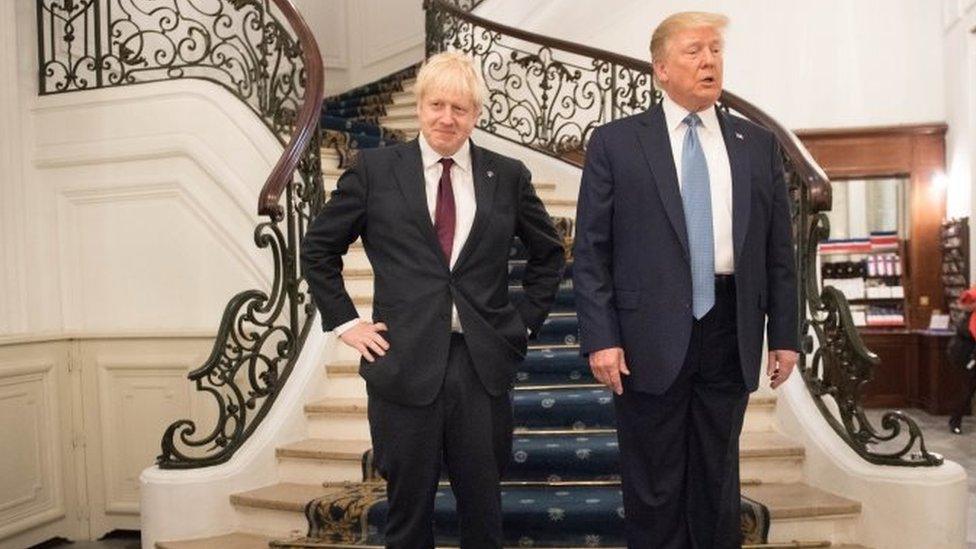
Boris Johnson and Donald Trump met at a G7 summit in France in August
But Frances O'Grady, general secretary of the Trades Union Congress, said: "The government should be focused on getting a good trade deal with the EU - not cosying up to Donald Trump."
She said a bad trade deal with the US would "put working people's jobs and rights on the line... and it will undermine our vital public services, environment and food standards".
Ms O'Grady referred to fears from farming leaders that an agreement could see the import of food that would be illegal to produce in the UK, such as chlorinated chicken.
According to recent media reports, the EU will demand that the UK maintains a ban on washing chicken in chlorine and other disinfectants as the price for a trade agreement with the bloc. But the US has expressed frustration at the ban, arguing that it is not based on scientific evidence.
Shadow international trade secretary Barry Gardiner accused the government of making "false promises" over commitments to protect the NHS and consumer standards, adding "there must be a full and proper scrutiny process for this and all trade agreements".
Round one
The US is the UK's largest trading partner after the EU, accounting for nearly 19% of all exports in 2018 and 11% of imports. The EU accounted for 45% of all exports and 53% of imports.
On Monday, a hundred British negotiators will travel to Brussels to start talks on a trade deal with the EU.
The four days of discussions will be led by David Frost on the UK side and Michel Barnier for the EU, and there will be up to 11 different groups discussing different aspects of the deal.
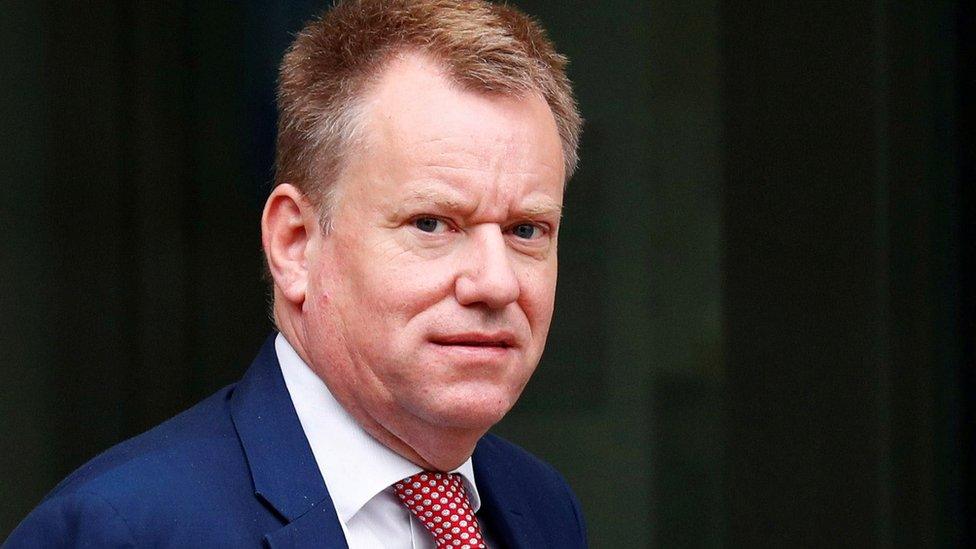
David Frost will lead the UK's negotiations in Brussels
Potential flashpoints could include the UK's wish to diverge from EU employment and environmental standards in future, its ruling out of any role for the European Court of Justice, and the level of EU access to UK fishing waters.
The UK has signalled that it could walk away from trade talks in June unless there is a "broad outline" of a deal.
French Europe Minister Amelie De Montchalin told the BBC that the EU was prepared to abort a post-Brexit deal if European fishermen were denied access to British waters.
Details of what will be discussed and when have been published,, external with topics to be covered in the first round of negotiations including trade in goods and services, transport, energy, fisheries and "fair and open competition" in future dealings.
Further rounds of negotiations will take place every two to three weeks, alternating between London and Brussels.
Liberal Democrat acting leader Sir Ed Davey has called on the prime minister to pause trade talks with the EU and extend the Brexit transition period in order to focus on dealing with the coronavirus.


Even trade buffs admit their area of expertise can be pretty dry and detail-heavy.
And it would certainly suit the government if we all looked the other way during these negotiations because trade deals generally include trade-offs. On both sides.
Neither Boris Johnson, nor his predecessor, Theresa May, have been wholly transparent about this with the UK public.
So surely it is of interest to those who voted for Brexit, to keep a keen eye on whether the benefits they've been led to believe will be coming the UK's way for farmers, fishermen and slashing immigration numbers, will now materialise in the way they'd imagined.
And what do both sides - the EU and Boris Johnson's government - want from a trade deal? Very different things.
Read more about what the EU and UK both want from a trade deal.

- Published27 February 2020
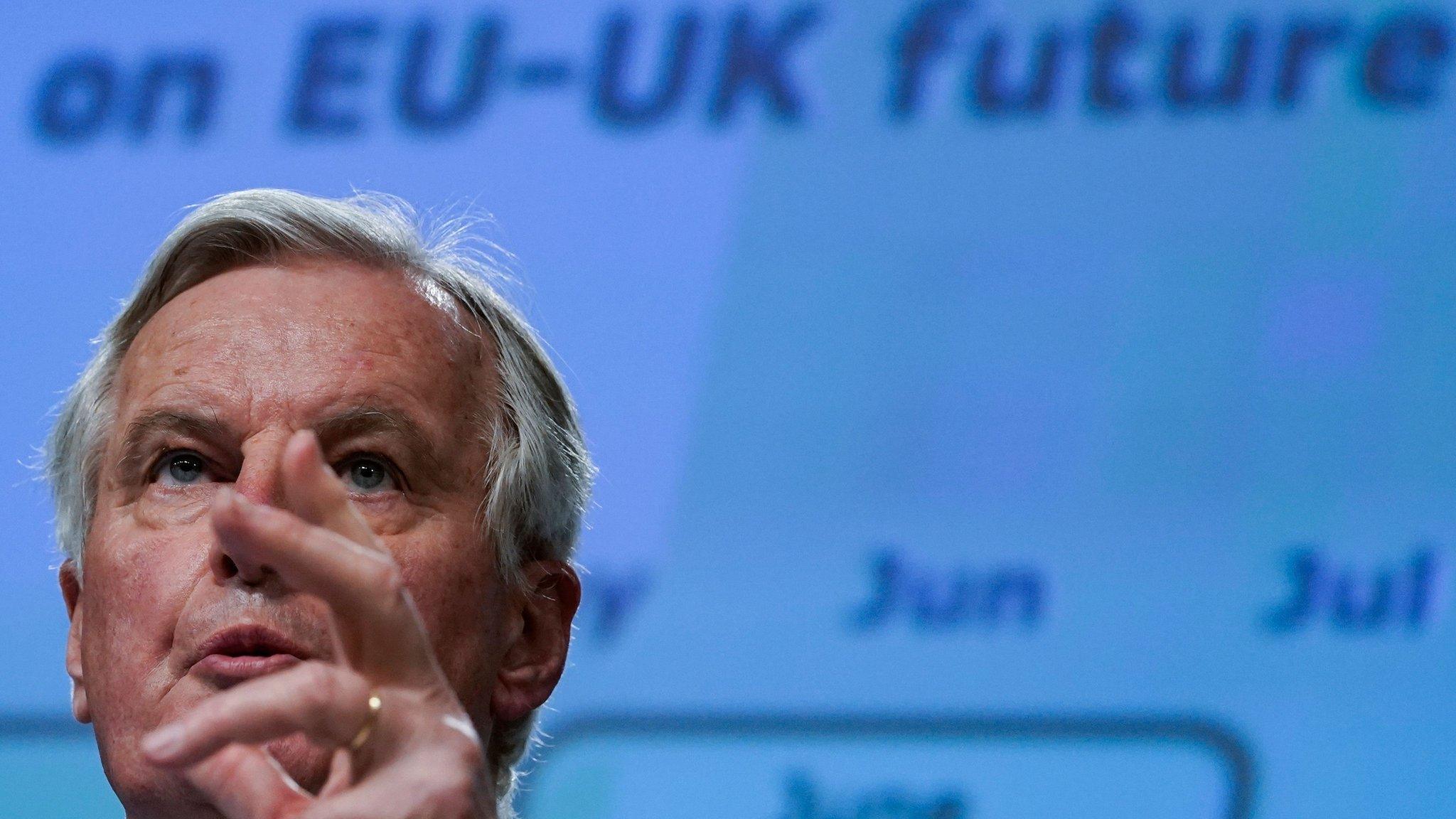
- Published1 November 2019
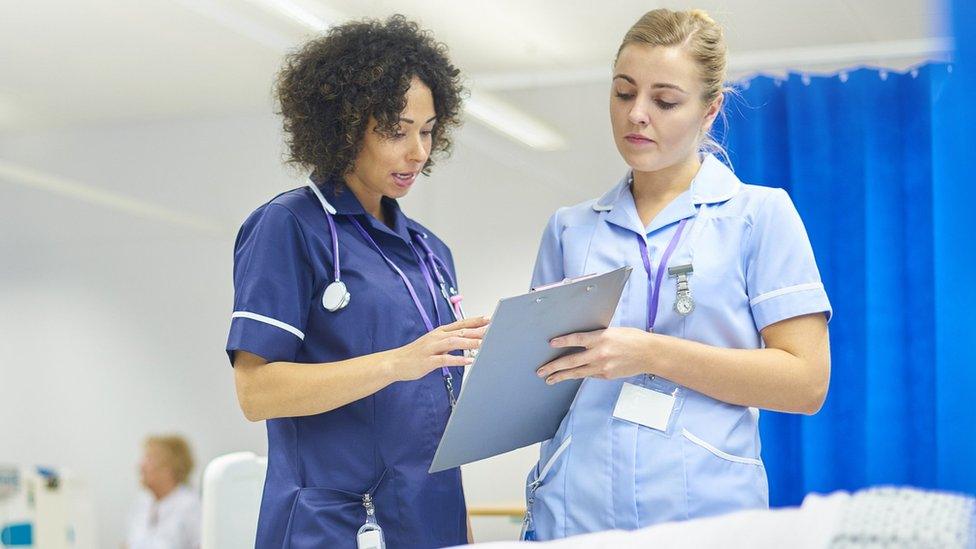
- Published5 March 2019
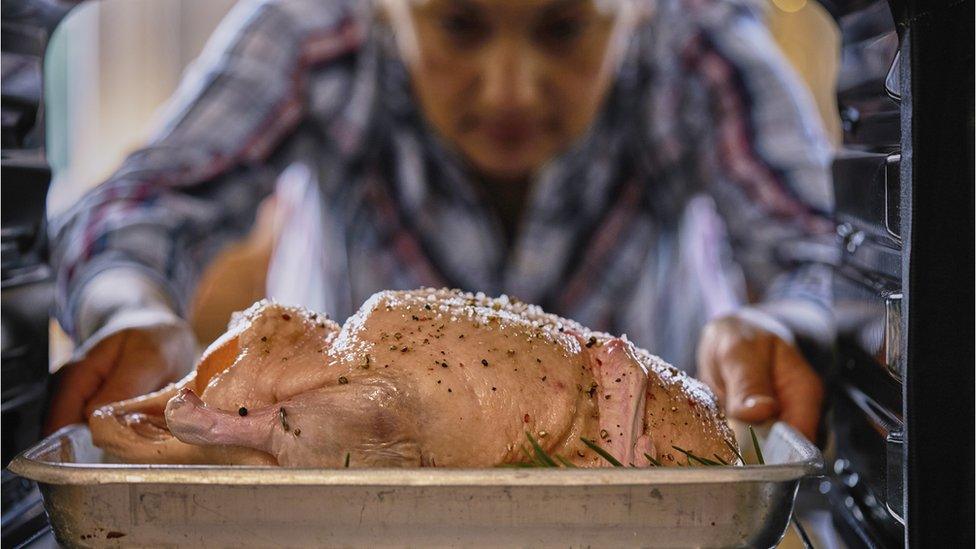
- Published21 February 2020
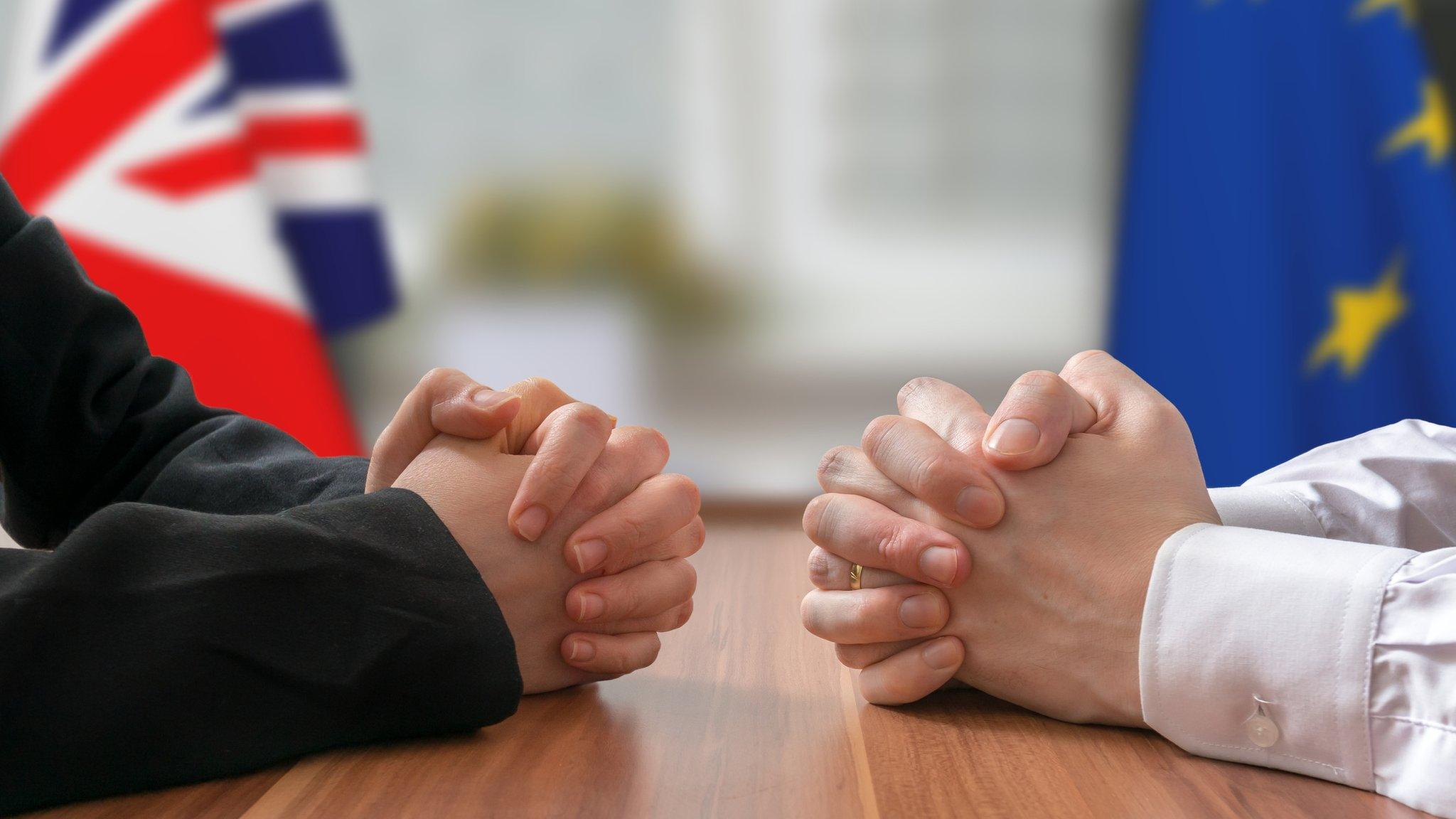
- Published26 January 2024
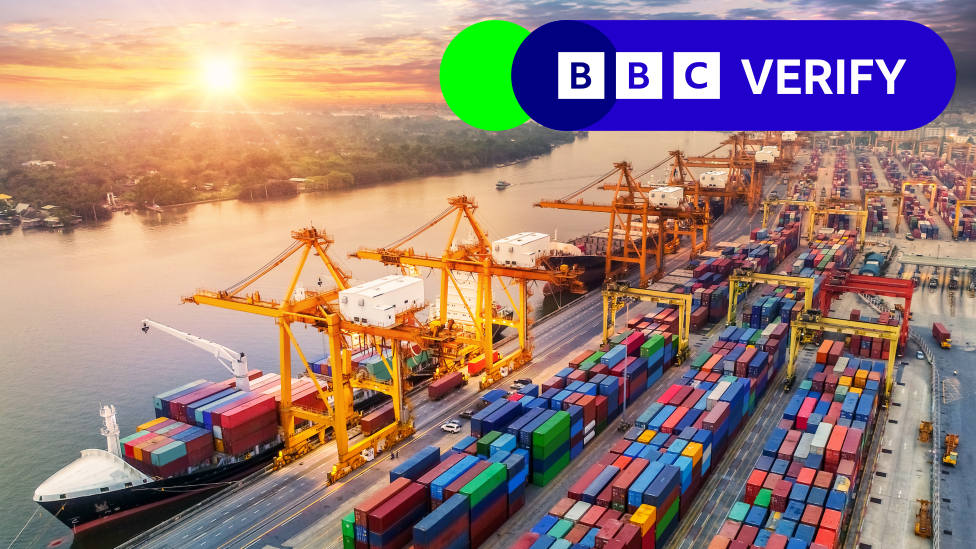
- Published27 February 2020